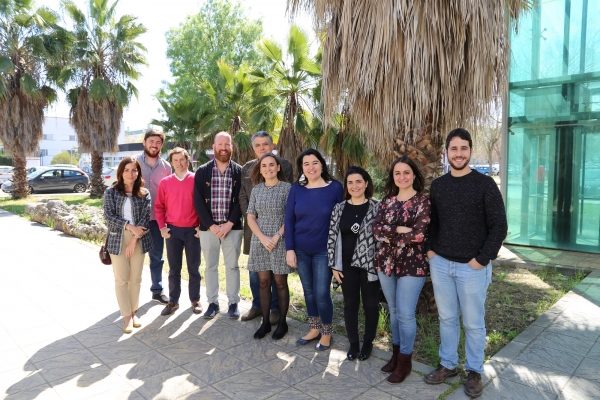Bridging the gap between university laboratories and the final users of research is emerging as a reliable way to work in the right direction, ensuring the efficacy of the technologies developed. The CLARA (Climate Forecast Enabled Knowledge Services) project work along this line, evaluating how the integration of end users into the co-development of climate services enhances their quality. The aim is, in short, to engage "customers" in all the phases of the process: from the initial idea to the final design of the product that will reach their hands.
A climate service is defined as the offering, management or transformation of climate information whose utility lies in improved decision-making for companies and public administrations. When one who manages a small hydroelectric plant without a reservoir, for example, generating energy only off the current of a river, has to make decisions about when to activate turbines, he will be able to do so with greater certainty if he has access to flow data for the next days.
Through CLARA institutions from 5 European countries are working on cooperative designs with users of seasonal climate services (with 6-month weather forecasts) in the Water and Energy sectors.
As a method, a series of case studies on climate services are selected for different types of users: agricultural water optimisation, and the hydroelectric generation and flood risk management sectors, among others.
The team at the University of Cordoba, headed up by Professor of Hydraulic Engineering María José Polo, oversees three of these pilot cases. At the UCO the Fluvial Dynamics and Hydrology Group, led by Professor Polo, is studying climate services for managers of reservoirs, hydroelectric generation at mini-power stations (in mountain areas, dependent on snow conditions), and the management and optimisation of the design of photovoltaic power plants (Physics and Renewable Energy Group, directed by Professor Rafael López Luque).
The research team at the UCO is also responsible for the Work Package 2 (WP2), charged with engaging users for the co-development of services, seeking a final product enjoying much higher demand among those stakeholders.
To do this they have created user forums in which private sector companies (such as Endesa, and small photovoltaic energy firms), representatives of the public administration, those responsible for climate services in the different countries, and irrigation community staff, participate so that their services meet the needs of these users and their expectations in terms of usability and value.
Climate services bridge the gap in scale between atmospheric models and the specific information that these users need. In a work of translation, it changes the data from a global scale to a more specific one of interest to those who manage water and energy resources on a day-to-day basis. To do this, the seasonal forecasts generated by Europe's Copernicus climate data management programme are used, transforming it into useful indicators for decision-making.
Following the user forums held in Sweden and Cordoba, a final meeting is planned in Venice between the months of September and October. As 2020 approaches, the UCO's services are quite advanced. Work is being done on the design of an attractive interface, and they are constantly being tested by users involved in a process; in the case of mini-hydroelectric plants, this is Endesa Generación.
With these services on the market, the aim is to create a more user-friendly and efficient scenario for public and private managers of entities working with water and energy resources.


